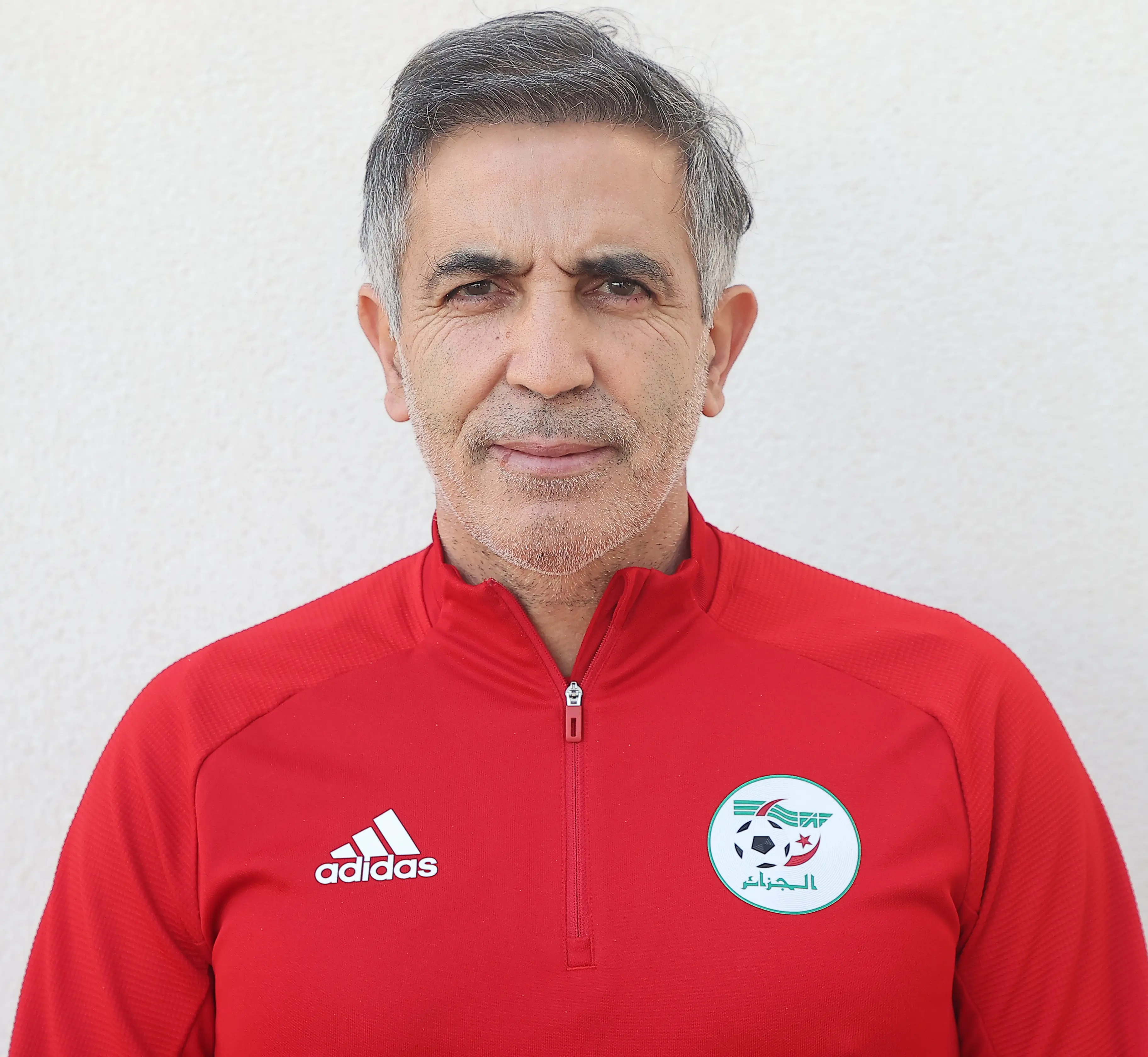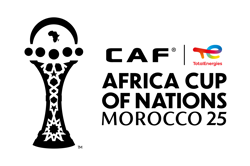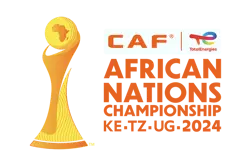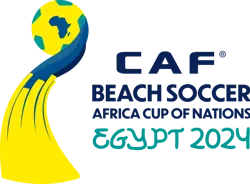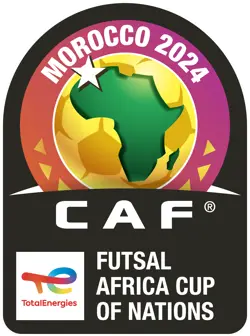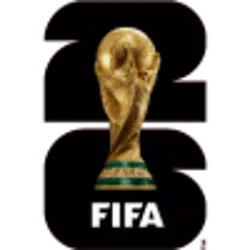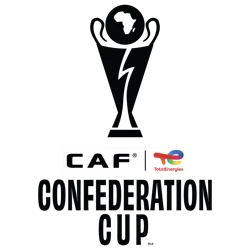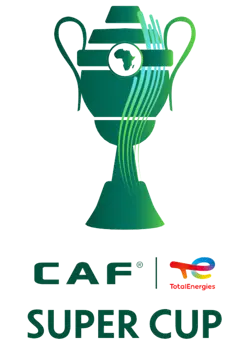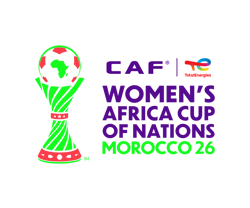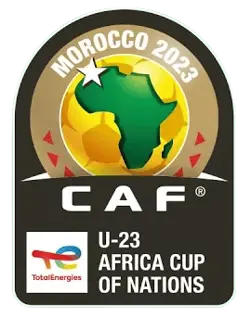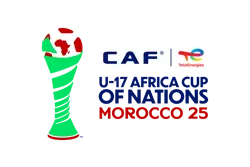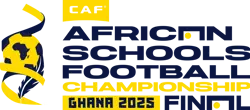Farid Benstiti: “What I do for Algeria is also a tribute to my father”
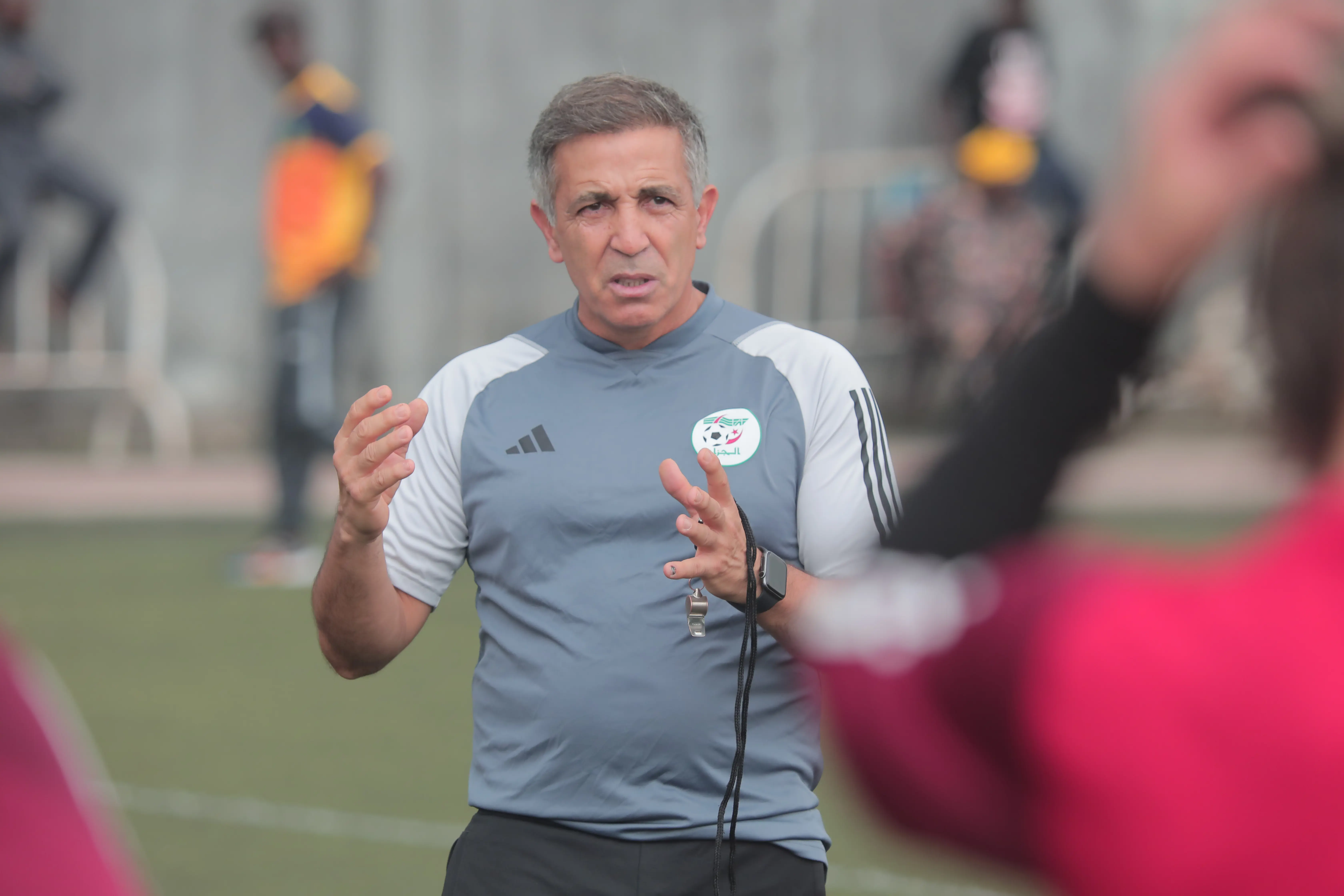
Farid Benstiti is preparing to lead Algeria into his very first TotalEnergies CAF Women’s Africa Cup of Nations. Algeria is not just another national team to him, it is part of his identity. A land of memory, heritage, and family ties. Becoming head coach of the national team was not just a professional decision; it was a natural return to his roots.
“I’ve always said that one day I needed to give something back to Algeria, as a tribute to my father, my parents, and my family,” he reflects.
Behind the impressive resume lies a man deeply connected to his heritage shaped by what’s been passed down silently, generation after generation.
“This flag on my chest represents my entire family. Algeria is written into my DNA, and into that of my children.”
By taking this role, Benstiti didn’t just accept a coaching job. He committed himself fully to a project built on discipline, trust, and respect. He’s determined to help this team grow, grounded in values like humility, hard work, and openness.
In this interview with CAFOnline.com, the Algeria coach opens up about the deeper reasons behind his commitment, his vision for the team, and the powerful bond he shares with Algeria a bond woven from memory, identity, and the challenges that lie ahead on the continental stage.
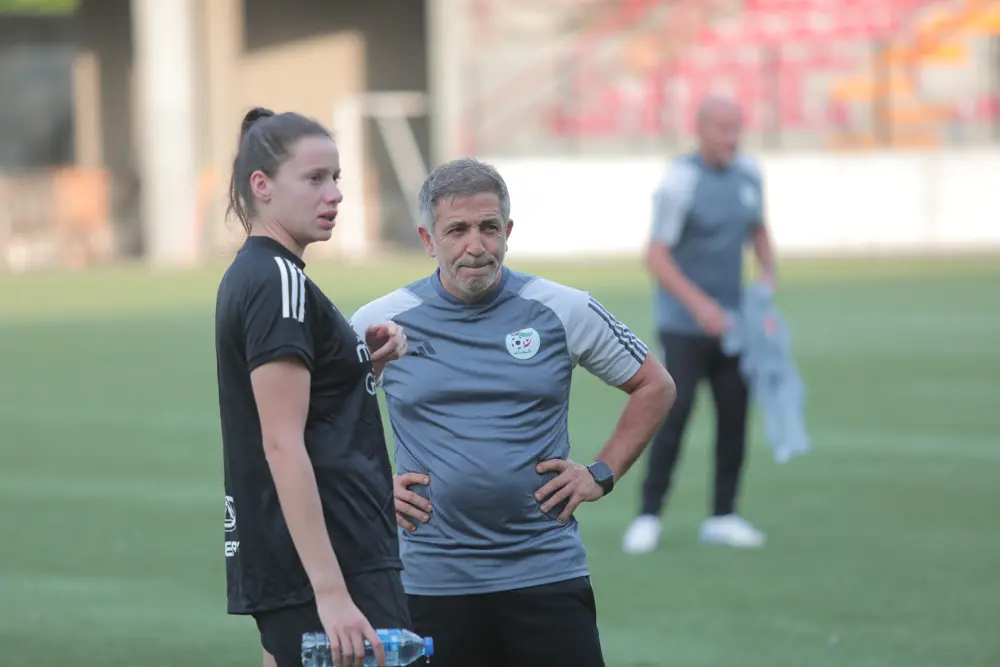
CAFOnline.com: Coach, you’ve had a remarkable career. What still drives you after all these years on the sidelines?
Farid Benstiti: Quite simply, it’s my passion for football. Whether it’s the men’s or women’s game, football has always been a part of me. Football made me who I am today.
Someone once asked me, “Why are you still doing this? Don’t you want to try something new?” And I replied, “How can I do something else when I’ve become almost an expert in this field since my playing days?” Even if I had other options, this is what I know best.
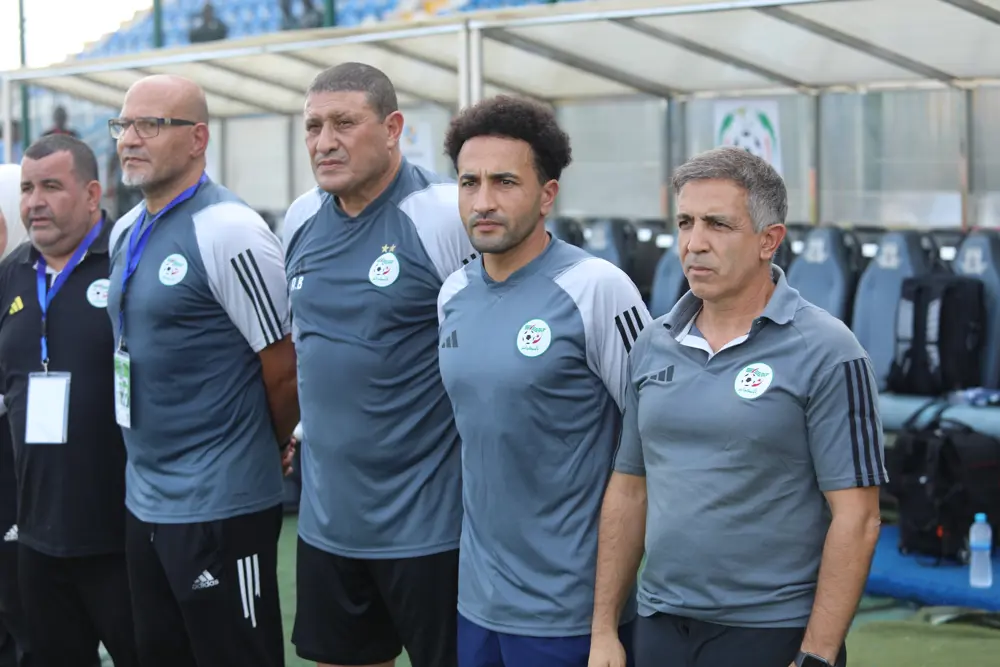
You’ve coached at clubs like Olympique Lyonnais, Paris Saint-Germain, and Reign FC in the United States. Why choose Algeria now?
When I left the U.S. I wanted to complete my UEFA Pro Licence. I’d worked non-stop for years and never had time to go back and update my qualifications. When I returned to France, Bordeaux reached out. But because I’d spent so long abroad, I had to have my diplomas reassessed, and it didn’t work out. Patrice Lair ended up taking that role. I had great ideas for Bordeaux, it matched my mentality. I’ve always been selective about the projects I take on.
I spent over a year finishing my UEFA Pro. I received a few offers, but didn’t want to go too far from France or my family. Then Algeria called. There was a real development plan for the national team a clear desire to professionalise things. What convinced me was also personal. I’d always told myself that one day, I’d repay Algeria for what my parents gave. My father worked hard for this country. This is my way of honouring that.
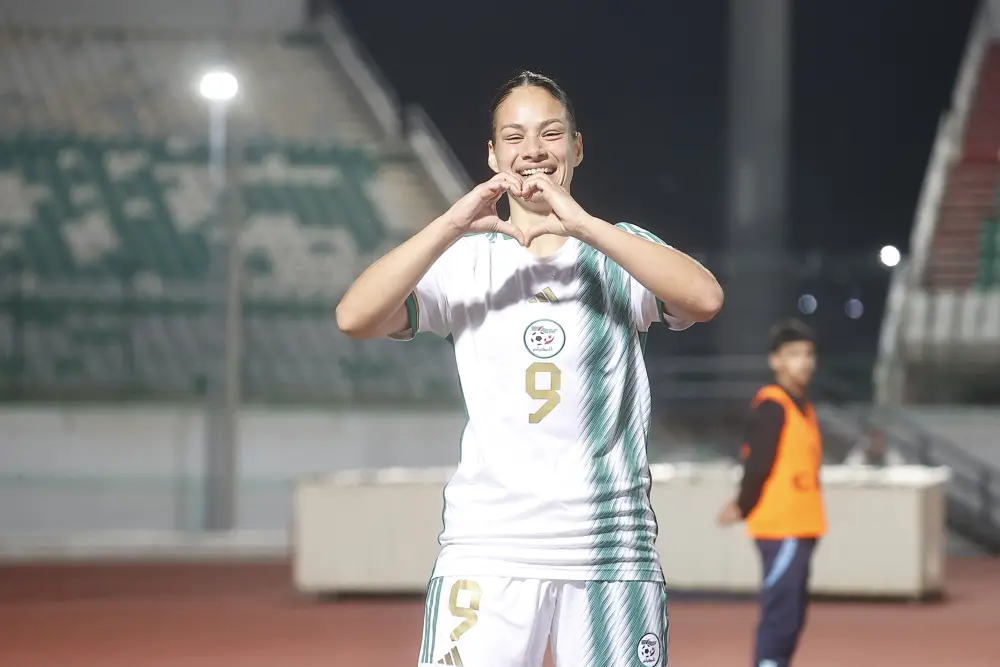
That Algerian flag on your chest — what does it represent to you?
It means everything. Algeria is the story of my whole family: great-grandparents, grandparents, parents, cousins… It’s historical, cultural, traditional, spiritual.
It’s in my blood and my children’s too. As dual nationals, we know what our parents gave up crossing the Mediterranean. And we know that our heritage starts with the soil of Algeria.
You’ve grown up between two cultures. Has that influenced the way you manage multicultural squads?
I’ve never imposed anything. I’ve never arrived anywhere like a conqueror. I always come in with humility, aiming to understand first. Whether I was in China, Russia or the U.S., I always made the effort to understand the people, the culture, the way of life. I never wanted to show up as a bossy outsider. There’s a level of respect you owe the people who welcome you, who pay you, who trust you with their teams. The key question is: how do you create unity between local players, dual nationals, and staff? You do it by never treating one group as more important than another.
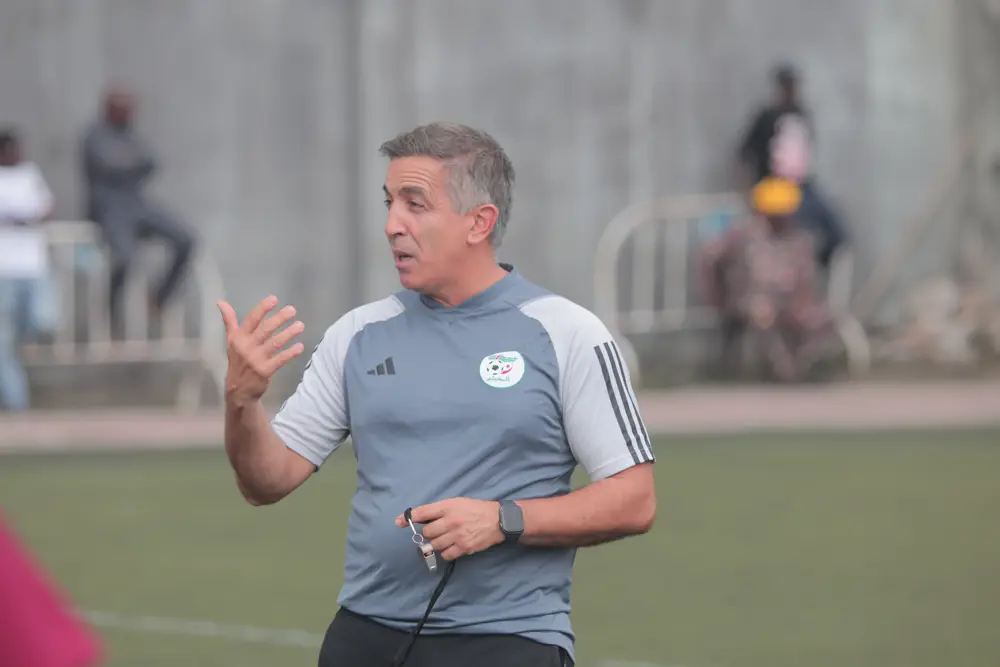
Is your mission in Algeria about preparing for the upcoming WAFCON — or building something long-term?
We’ve long underestimated our potential. The hardest part was convincing top-level players like Ghoutia Karchouni, Marine Dafeur, Chloé N’Gazi, Inès Belloumou, and Lina Boussaha.It wasn’t enough to say, “Come, it’s an honour.” Of course, it is an honour. But for this generation, that’s not enough. They need a real project.
I couldn’t just sell them a dream. I had to show them what kind of team we want to build, the objectives, the vision. And I believe they don’t regret joining us.
We’re not heading to WAFCON as favourites. I told a journalist that we’re “outsiders with a plus.”
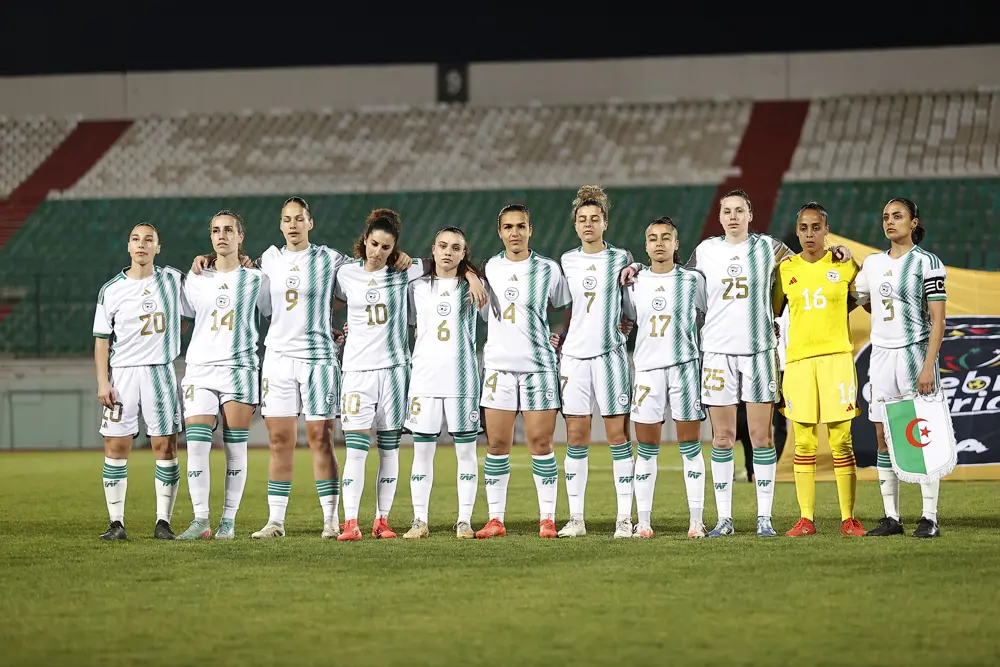
You are in Group B with Nigeria, Tunisia, and Botswana. Your thoughts?
Nigeria are the benchmark. I had the pleasure of working with Asisat Oshoala in China she’s a friend now. Nigeria aren’t just Africa’s best; they’re among the top 10 in the world.
Botswana impressed me at the 2022 WAFCON. They’re solid, well organised. If we’re not disciplined, we’ll struggle. African coaches are improving every year. Tunisia are similar - disciplined, technical. In this group, I believe the most mentally resilient team will make the quarterfinals.
Have you implemented any specific mental preparation with your team?
People often ask about mental coaches. For me, the best mental coach is the head coach with his staff. Mental preparation doesn’t happen in the moment. I’ve been mentally preparing these players for two and a half years through tactical discipline, technical work, and a constant drive to improve. Every session, every conversation, every minute is a chance to build mental strength so that our players feel focused, fulfilled, and ready.
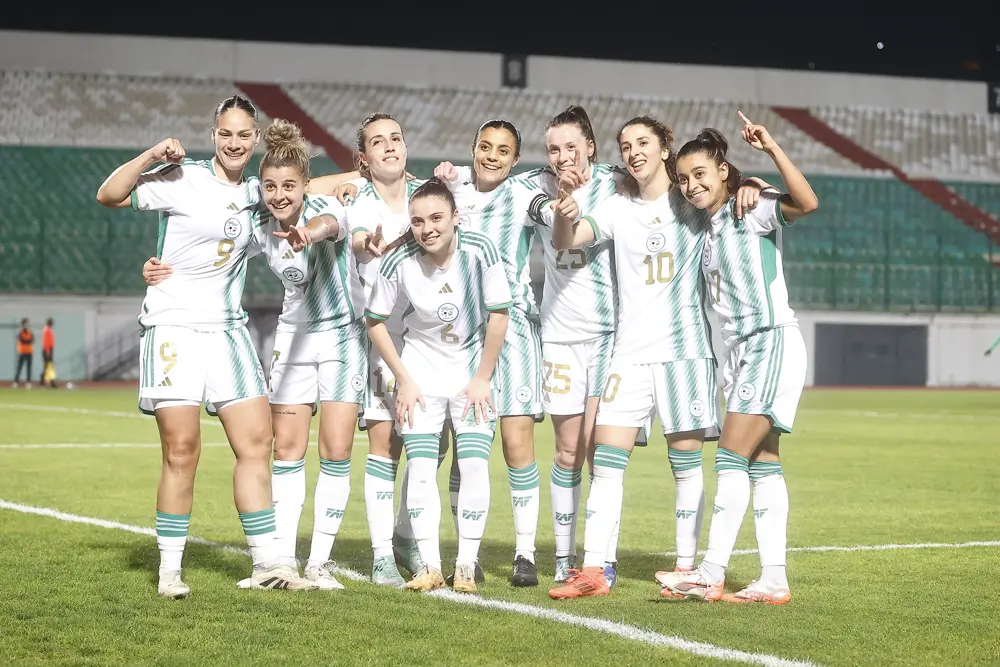
Is the pressure different in international football compared to club management?
When there’s a big objective a WAFCON, a final, a Champions League the pressure is always the same. But in club football, you’ve got time. Over a full season, you can correct early mistakes. With national teams, it’s all or nothing. Qualification is often harder than the tournament itself. One mistake, and it’s over. Most importantly, I want us to savour this moment. We might not remember the exact scorelines years from now, but we’ll never forget what we shared.
Finally, what message would you give to a young African girl dreaming of becoming a footballer?
I would say: dreams are valid, and you must hold on tight to them. Be the best you can be because sometimes, that’s the only way to stand out. And I’d say it’s essential that we support all young African girls who have stars in their eyes. We must create the conditions for them to express their passion. Above all, let’s take care of our daughters. Let’s support them at every step of their journey. Football may just be one part of their life but it’s a precious part.
